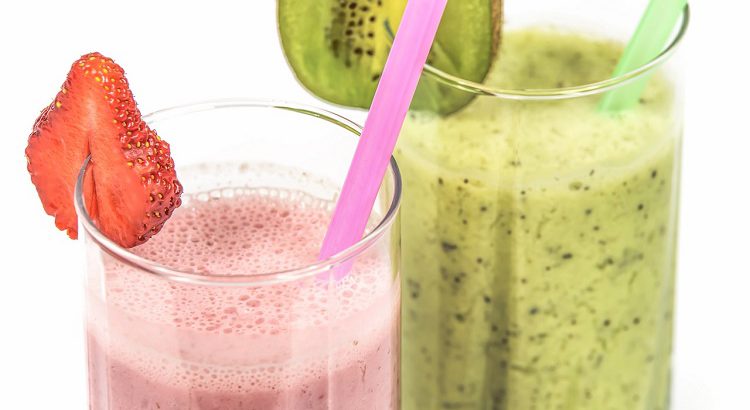As you walk past the refrigerated section in many grocery stores, you can’t help but notice a group of beverages that probably wasn’t there a few years ago, known as probiotic drinks.
What is a probiotic? Probiotics are good bacteria that are either the same as or very similar to the bacteria that are already in your body. Your lower digestive tract contains a large number of bacteria, and not all of them are good for you. Research suggests that having too many of the “bad” and not enough of the “good” bacteria can have negative health consequences. Such imbalances can lead to weight gain, skin conditions, constipation or diarrhea, and various chronic health conditions. Poor diet habits are believed to be one of the causes of an imbalance in good vs. bad bacteria in our gastrointestinal (GI) tracts (gut).
How do healthy gut bacteria work to improve our health? Good gut bacteria multiply and can make it difficult for bad bacteria to grow. Good bacteria can keep the lining of our GI tract intact and prevent unhealthy substances from being absorbed into our bodies. Some studies even suggest that gut bacteria may affect our emotions and the way our brain processes information. Scientists suspect that changes in that balance may play a role in conditions like autism, anxiety and depression.
For those reasons, people are interested in increasing their intake of probiotics, and consuming them from food sources is a great way to do it. Probiotic beverages are an easy way to improve the number of good bacteria and promote a healthy GI tract.
Milk-based probiotic beverages, such as drinkable yogurt beverages and kefir, a cultured, fermented beverage that contains beneficial yeast as well as friendly probiotic bacteria found in yogurt, not only provides healthy bacteria, but calcium, Vitamin D and protein.
Non-dairy options are also available and include drinks made from flaxseed, fruit- and vegetable-based probiotic drinks and smoothies, kefir water and kombucha. Kombucha is a beverage produced by fermenting sweet tea with a culture of yeast and bacteria.
Registered dietitian Barb Walsh is the community nutrition educator in the Tevis Center for Wellness.
